How AI Is Transforming Morocco’s Factories—And What It Means for the Economy
)
The emergence of open-source AI models, such as DeepSeek’s cost-efficient R1, marks a crucial shift: AI is no longer reserved for tech giants but a vital tool for modern manufacturing. As Moroccan industries prioritise efficiency, sustainability, and competitiveness, AI is enabling the transformation from traditional systems to data-driven, intelligent operations. In an evolving industrial landscape, adaptation is no longer optional.
The AI manufacturing market is projected to reach $84B by 2032, growing at a 32% CAGR. This rapid adoption highlights AI’s role in shaping advanced manufacturing. For Morocco, AI integration is essential, particularly in automotive, aerospace, textiles, and renewable energy, reinforcing the country’s position as an African leader in smart manufacturing.
AI’s Role in Morocco’s Industrial AccelerationAI is redefining Morocco’s manufacturing sector, strengthening its standing as a key industrial hub. By 2030, AI is expected to add $15.7tn to the global economy, with manufacturing gaining a 45% boost. In Morocco, this translates into higher efficiency, increased automation, and minimised downtime across industries.
AI Transforming Morocco’s Key IndustriesAI is already reshaping Morocco’s manufacturing, integrating automation, predictive maintenance, and supply chain efficiency:
- Aviation & Aerospace: Morocco’s aerospace cluster, anchored by Thales Aerospace and STELIA Aerospace, integrates AI-driven robotics and machine learning for advanced composite materials production.
- Automotive: AI-powered logistics and predictive maintenance are optimising production at Lear Corporation and Sumitomo Electric Moroccan facilities.
- Pharmaceuticals: AI is driving LAPROPHAN and Sothema ’s automation of drug development and production, improving quality control and precision manufacturing.
- Renewable Energy: AI-powered grid optimisation is enhancing efficiency at Masen 's Noor Ouarzazate solar plant, ensuring smarter energy management in line with Morocco’s 52% renewable energy target by 2030.
AI-Driven Innovation: Morocco’s Industrial Edge
Morocco’s AI-driven manufacturing growth is bolstered by government strategies, private investment, and an innovation-friendly ecosystem. Industry 4.0 adoption is expected to generate significant cost efficiencies, cementing Morocco’s status as a regional leader in industrial modernisation.
- Operational Savings: AI-driven automation has cut costs by 3.6% globally (PwC).
- Economic Potential: IoT-powered AI integration could contribute $11.1tn to the global economy by 2025 (McKinsey).
- Predictive Maintenance Gains: AI-based maintenance systems reduce downtime by 50%, extending machinery lifespan and cutting operational expenses.
Morocco is set to host a series of AI-focused industry summits in 2025, bringing together technology leaders, industrial pioneers, and policymakers to discuss AI’s role in smart factories, digital logistics, and supply chain resilience. These efforts will accelerate Morocco’s evolution into an AI-powered industrial hub, reinforcing its role in Africa’s Industry 4.0 revolution.
A Strategic Opportunity for Industry LeadersAs AI adoption surges, Morocco is poised to become a continental leader in intelligent manufacturing. With its geopolitical advantage, advanced industrial infrastructure, and government-backed digital transformation, Morocco is attracting investment and setting new benchmarks for innovation.
The question remains: Will you capitalise on this momentum, or be left behind? Don't miss out. Join WAM Morocco from 28–30 Oct 2025 at Foire Internationale de Casablanca in Morocco. Secure your space—register now at www.wammorocco.com.


